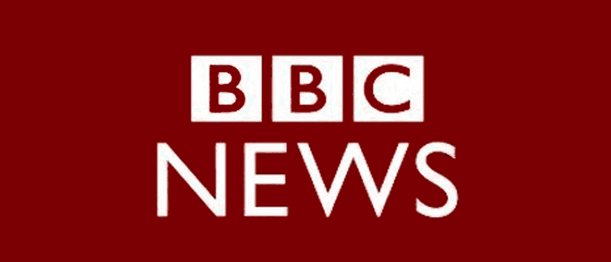BBC News: Let’s talk to Tom Burke, Chairman of the environment think tank E3G, also a former government advisor on climate change. Thanks for being with us. So, 2016 looks set to be the warmest year on record, following 2015, that was the warmest. Is this just going to go on and on progressively?
Tom Burke: Yes. That’s the thing this is cumulative problem. It gets worse if you don’t do something about it. It will get worse year on year. And the problems for people’s lives, for prosperity and for security, will also get worse.
BBC News: So for people like Donald Trump the new president of the United States, who has said in the past that climate change is a hoax, or the idea that climate change is man-made is a hoax, is this evidence to the contrary?
Tom Burke: Yes, it’s very definitely evidence to the contrary. Mr Trump is going to have to deal with reality, and understand that science doesn’t pay any attention to the illusions, or delusions, of politicians, in this case. There is very little that he can actually do to stop the rest of the world from getting on with what it wants to do. We are seeing in Marrakesh now, the reaction of other counties has been to say, well, we are going to go on anyway. He can slow down the way that the world addresses the problem, but he can’t actually stop it. As indeed his predecessors found out, when Bush pulled out of Kyoto protocol, the rest of the world went on and delivered what it had set out to do.
BBC News: But he has threatened to pull American out of the climate change agreement, surely that would be an enormous blow to that agreement, wouldn’t it?
Tom Burke: It would be a blow, because it would reinforced those laggard countries to keep trying to slow things down.
BBC News: Who are the laggard countries?
Tom Burke: Countries like Saudi Arabia for instance, and Russia to some extent. But only part of the response to climate change is being driven by a regulatory push. There is now an enormous amount on opportunity pull, pulling people into a low-carbon economy. Elon Musk, and the delivery of electric vehicles lowering the cost of storage, for instance. You’re not seeing a simple idea, to constrain the economy from putting more carbon into the atmosphere. You’re seeing lots and lots of people seeing how they are going to make money, and make the economy work better, by actually delivering that low-carbon economy.
BBC News: And now even China is getting in to renewables in quite a big way.
Tom Burke: China is expecting to make and absolute fortune from electric vehicles in the same way that it has done with solar panels, by getting ahead. And that is the danger for America, of Trump pulling it out, is that America gets left behind in and energy revolution that is going on all over the world, and gathering pace.
BBC News: So actually, you sound quite optimistic? The world is getting its act together if you like. But is it too late?
Tom Burke: It might well be too late. I think that is part of the news that we are hearing now. We are at 1.2 degrees. Climate begins to get really unmanageable when you pass 2 degrees of temperature rise, so we’re not going fast enough, that’s for sure. So I am optimistic in the sense that Mr Trump can’t stop us from doing things, but I do think that were are not doing enough, and we are not doing it fast enough to really tackle the problem.
BBC News: Great to talk to you Tom Burke, thank you so much for being with us.

